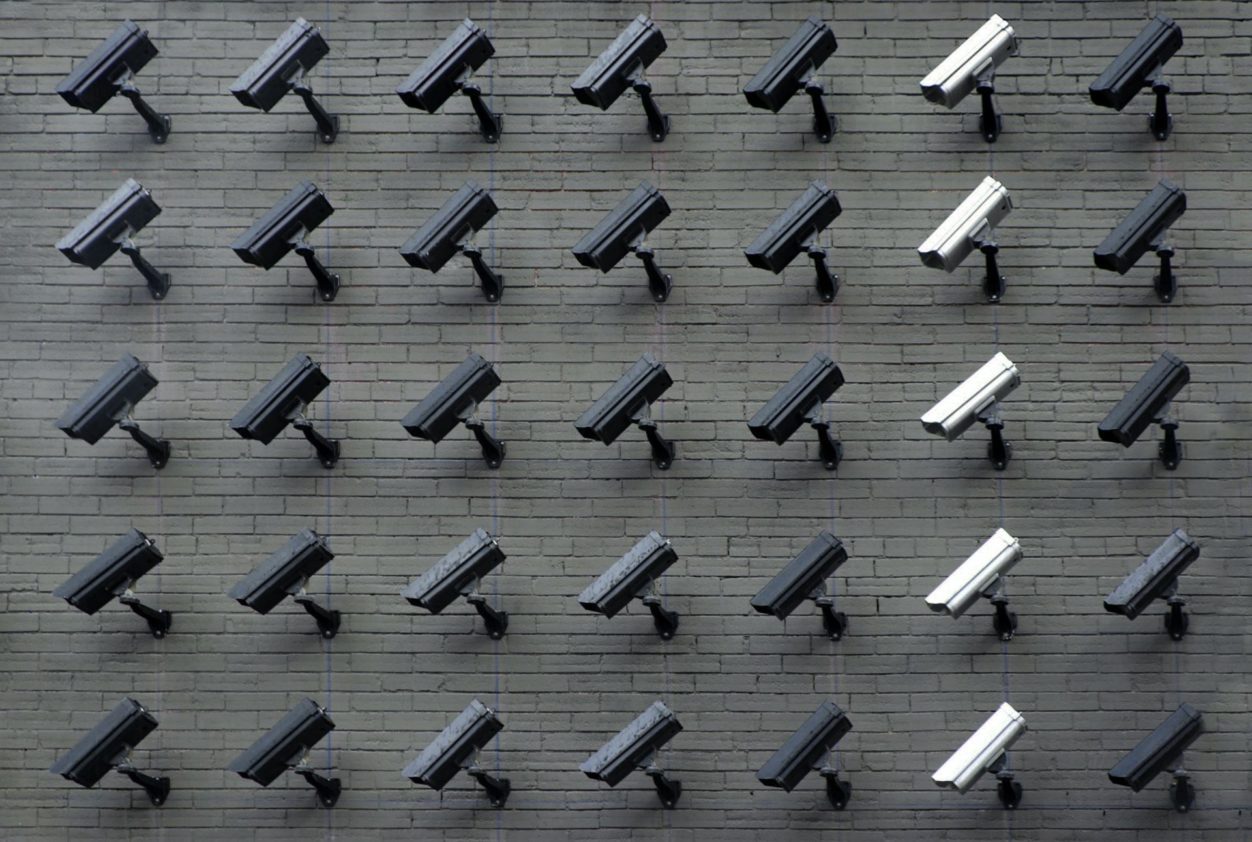For those who champion privacy rights the recent decision in R v. Cole by Canada’s highest court is being treated as no small victory. In a clear win for privacy rights advocates the Supreme Court of Canada in one of its more notable decisions of the year ruled that an employee’s privacy in the workplace, even on work-issued technologies, must be protected.
The facts of the case are worth noting. A high-school teacher in Ontario was criminally charged with possessing child pornography and unauthorized use of a school-issued laptop computer. The school board permitted teachers to use school-issued computers for personal use but had a policy that any information on those computers ultimately belonged to the school board. During routine maintenance of the computer, it was discovered that Mr. Cole had partially nude pictures of an underage female on his laptop. The school’s principal was notified, who in turn contacted the police and handed over the laptop. At which point the police inspected the computer, discovered the material and subsequently brought criminal charges against Mr. Cole.
The issue before the Supreme Court was whether Mr. Cole’s charter rights – the right of unreasonable search and seizure – were violated when the police searched his computer without a proper warrant.
The Court noted that the principal had a duty to maintain a safe school environment but this duty did not permit a police officer to conduct a warrantless search of Mr. Cole. The Court’s concern that had the police performed the search of the computer with a proper warrant Mr. Cole’s expectation of privacy would not have directly become an issue.
Ultimately the Supreme Court of Canada’s decision confirmed that a person does have a reasonable expectation of privacy on their personal computer even if the computer is owned by his or her employer.
In particular, the court commented that personal information on a computer that is “meaningful, intimate, and organically connected to the person’s biographical core” requires a reasonable expectation of privacy.
In our current period, where the hybridization of computers, non-traditional working environments and the distinction between work and personal time continues to soften the importance of these words cannot be overstated.
While many perceive this as the Charter finally catching up the technological times, no doubt this decision straightens the collars of employers regarding their own policies in terms of proper usage of employee issued technology. The implications of this case reach beyond simple Charter issues. For starters, this decision acknowledges that personal information stored on a work computer is the property of an employee. As such an employee will have a reasonable expectation of privacy, against state intrusion, in this case from police search and seizure.
As the Court poignantly noted, while the policies and practice of an employer may diminish an individual’s expectation of privacy, these expectations are not removed entirely. That is to say, no matter how clear and comprehensive an employer’s policy regarding proper usage of work-equipment may be, some level of privacy will always be afforded to the user. However, the Supreme Court did not directly comment on the rights of an employer and how an employer may monitor employee computers. This issue is still unresolved and presumably will be treated by the courts in the future.
The Supreme Court further affirmed, that while employer’s work policies will be “instructive” they will not be “determinative” in what will be deemed private information belonging to an individual. Ownership of the equipment is simply one factor of many that will be considered by the Court. In addition, to the Charter rights of the user, as well as the ‘operational realities’ of the job, will all be factors in determining whether an employee’s privacy rights have been breached.
For employees, this decision is certainly welcome news. For employers, it serves as more than a gentle reminder that access to employee information no matter how innocuous may trigger issues regarding privacy in the workplace.
As the usage of employer-issued laptops and other mobile devices continues to increase dramatically, coupled with employers attempting to adjust and understand their own equipment-usage policies, while at the same time juggling the privacy rights of their employees, indeed the privacy battle has just begun
For more information about privacy in the workplace, please contact our employment law department.
The information provided above is for educational purposes only. This information is not intended to replace the advice of a lawyer or address specific situations. Your personal situation should be discussed with a lawyer. If you have any questions or concerns, contact a legal professional.
